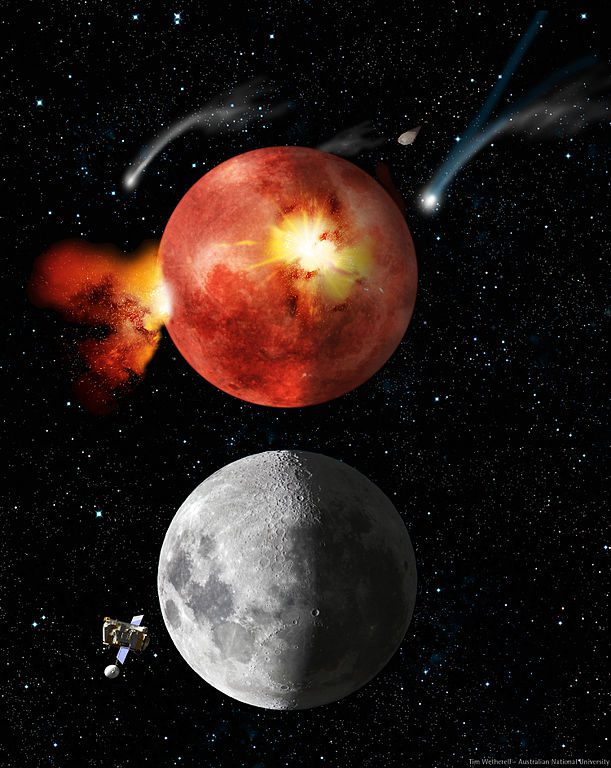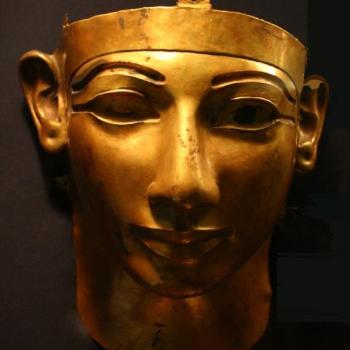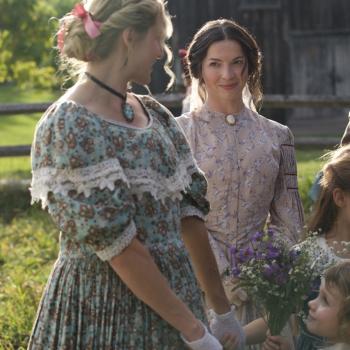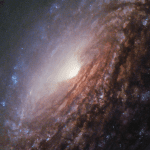
(Wikimedia Commons public domain image)
Current estimates of the age of the earth put it at about 4.543 billion years
So the dates suggested by this study are extremely early:
“The ancestor of all organisms”
“We find that the “last universal common ancestor” – a hypothetical very early single cell from which all life on Earth descended – existed prior to the “late heavy bombardment”. This was a period of intense meteor bombardment sustained by our planet about 3.9 billion years ago.”
***
Frankly, I can’t really see why he calls this “The Greatest Mistake In The History Of Physics,” but it’s an interesting story with a worthwhile moral:
“You cannot draw a conclusion, no matter how obvious it seems, without performing the crucial experiment. Physics is not decided by elegance, by beauty, by the straightforwardness of arguments, or by debate. It is settled by appealing to nature itself, and that means performing the relevant experiment. . . .
“A great mistake you can make in physics is to assume you know what the answer is going to be in advance. An even greater mistake is to assume that you don’t even need to perform a test, because your intuition tells you what is or isn’t acceptable to nature itself. But physics is not always an intuitive science, and for that reason, we must always resort to experiments, observations, and measurable tests of our theories.
“Without that approach, we would never have overthrown Aristotle’s view of nature. We never would have discovered special relativity, quantum mechanics, or our current theory of gravity: Einstein’s General Relativity. And, quite certainly, we would never have discovered the wave nature of light without it, either. . . .
“To get it right, you have to do the test. Without it, you’re not doing science at all.”
***
Meanwhile, there’s this:
***
The past can be a key to things to come:
“What Ancient Maya Forests Can Tell Us About Our Future”
***
Okay. Alright. After this, though, I’m sure that there’ll be no more surprises. We know it all. Everything’s been found:
“Archaeologists explore a rural field in Kansas, and a lost city emerges”












